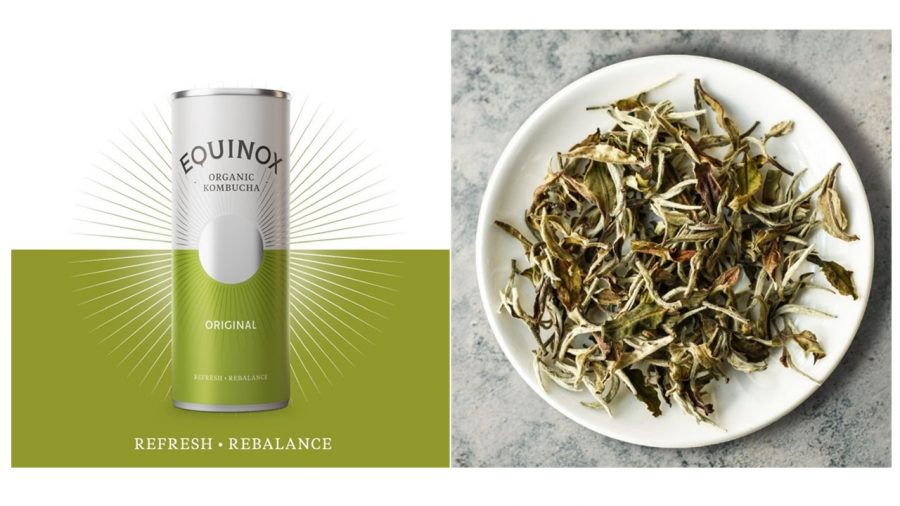
Unlocking a secret behind flavours of organic kombucha
Flower of Life is a Yorkshire-based company that employs a traditional way of brewing a soft drink called kombucha.

In recent years kombucha has become a highly popular drink enjoyed by many around the world including A-listed celebrities. Flower of Life kombucha branded as Equinox Kombucha is fermented by a live culture of bacteria and yeast (aka ‘SCOBY’) that grows on top of the beverage, creating a unique and tasty drink.
Kombucha from the Chinese word ‘cha’ meaning tea has been consumed as a remedial drink for centuries in both Asia and Eastern Europe. Recent studies showed that kombucha tea has a wide antimicrobial property against nasty pathogens such as Staphylococcus aureus and species of Salmonella and Listeria1. Another study presented the antioxidant and anti-cancer activities attributed by the presence of bio-active compounds in this fermented beverage2.
Kombucha is packed with naturally produced organic acids along with vitamins, antioxidants, live bacteria and enzymes which have given Kombucha a well-deserved reputation for working wonders on the mind and body.
The team at Flower of Life enlisted the BDC to help them understand the microbial origin of the different flavours in their wide range of products and examine whether beneficial probiotic microorganisms were present. Funded through the BDC’s Bioeconomy Growth Programme, Rosie and Chris, in the BDC’s Bioscience Innovation Team, used microbiology and molecular biology to identify the microbes in the Equinox drinks.
Rosie Nolan – Senior Technologist at the BDC explains the approach: The Flower of Life provided the BDC with Kombucha samples from different stages of their production process. The application of microbiological techniques allowed us to isolate a broad spectrum of microorganisms from the Kombucha, which included bacteria and fungal species. Then using sequencing approaches, we were able to identify them to species level. Once identifications had been made, we carried out a literature review to determine the various flavour compounds each isolate would typically produce.
The results showed that the microbial profile, and thus the flavours in the final product, is directly linked to the fermentation and processing steps employed. Acid-producing bacteria, that give the product a slightly sharp taste, were isolated by the BDC technologists along with yeast isolates known to produce aromatic compounds that would deliver fruity notes to the drink. With this information Flower of Life brewers were able to modify their processes to match the desired microbial and flavour profiles required to obtain the most refreshing and zingy tastes.
Daniel Spayne – Managing Director of Flower of Life Ltd summarised the project: Working with the BDC has been extremely helpful and useful in understanding the underlying microbiology of the Kombucha we brew, the strains present and its provenance. Kombucha is an increasingly popular but often misunderstood beverage by the market and consumers alike in terms of its diverse microbiome and health and other benefits. This is not helped by the fact that many companies in the market are actually making “Kombucha based drinks” as opposed to authentically brewed Kombucha. The work with the BDC has helped us better understand our own Kombucha strains, improve the quality of the Kombucha that we brew and help us with our brewing methods. It has also given us an in-depth understanding in order to better explain our products to the wider trade and consumer markets.
References:
SCOBY - the live culture of bacteria and yeast
Kombucha tea has a wide antimicrobial property
Kombucha is packed with naturally produced organic acids
Note to editors:
This project has received funding from the England European Regional Development Fund as part of the European Structural and Investment Funds Growth Programme 2014-2020.
The York, North Yorkshire and East Riding (YNYER) LEP awarded a grant of £1M to the BDC as part of the Local Growth Fund (LGF) support which funded the equipment used to carry out this project. For more information visit: https://www.businessinspiredgrowth.com/funding/local-growth-fund/
